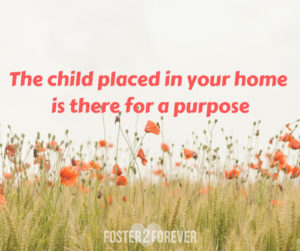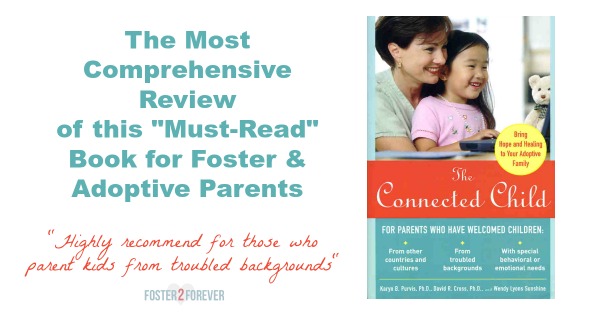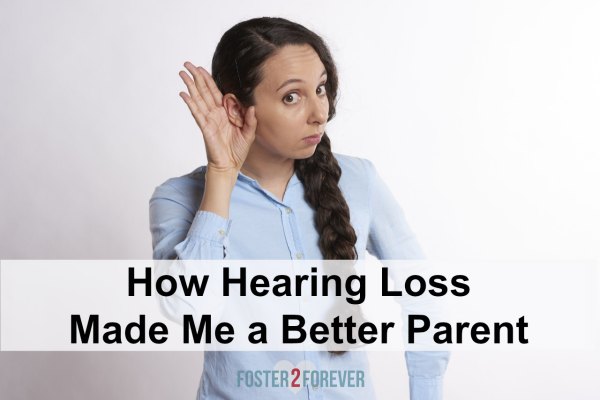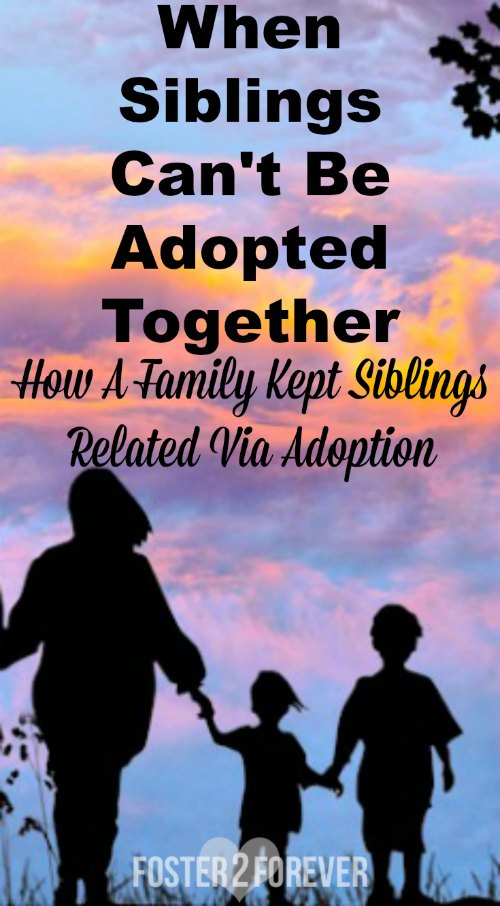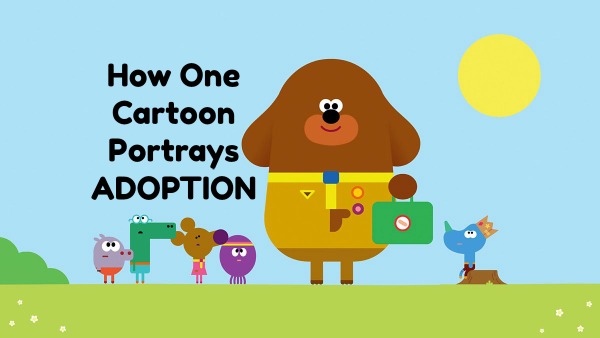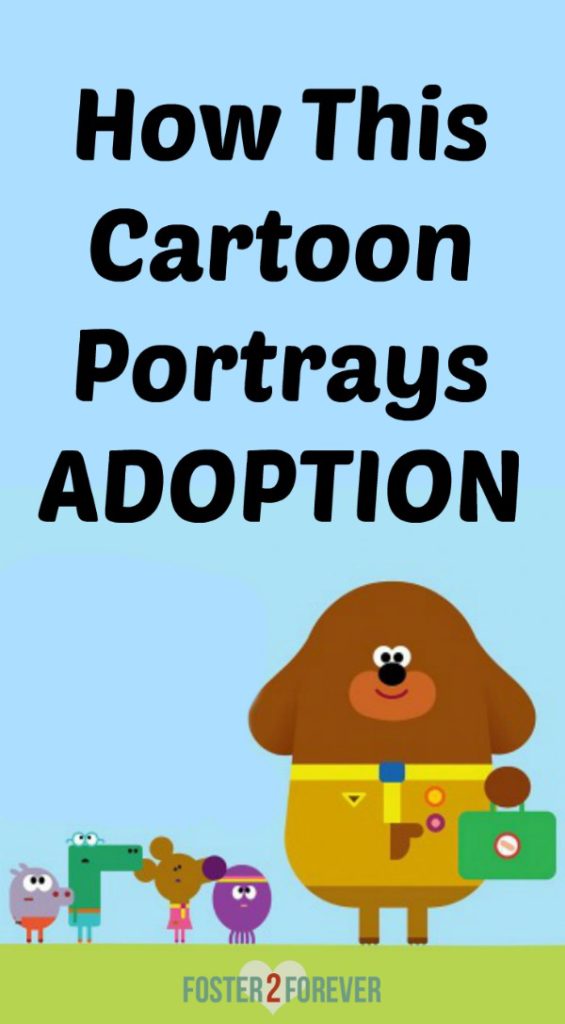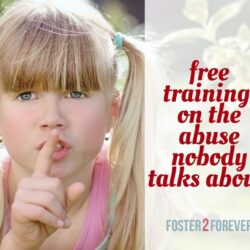We have all heard that “know it all” parent say under their breath, “If that were my child they wouldn’t act like that.” You may hear it at the park, at school functions, and even at church.
Every day, parents of children with behavior problems, may ask themselves, “Am I the right parent for this child? If my child were being raised in a different home, would their behavior be different?” As an adoptive parent, I must admit that I have asked myself that question hundreds of times. I’ve felt embarrassment and shame and wondered if I was good enough to parent my difficult child.
Americans spend millions of dollars each year on books and seminars trying to find answers for their child’s behavior. Most result in little or no change. To say that the debate over “Nature vs. Nurture” is convoluted is an understatement.
Psychologist John Watson had this to say on the issue:
“Give me a dozen healthy infants, well-formed, and my own specified world to bring them up in and I’ll guarantee to take any one at random and train him to become any type of specialist I might select … regardless of his talents, penchants, tendencies, abilities, vocations and race of his ancestors.”
Any parent who has raised more than one child should find this nurture theory laughable. Every day we see children raised in the same home, taught the same morels and beliefs, turn out with totally different beliefs and convictions than those they were taught and of those of their siblings.
Moreover, as foster and adoptive parents can attest, changing the environment of a child doesn’t just take away previous trauma and neglect. A foster/adoptive parent may wonder: “How much of a child’s behavior is a response from previous trauma and how much could be from some sort of possible disorder?”
The Nature theory asserts that nearly all traits such as intelligence, personality, aggression, and sexual orientation are encoded in an individual’s genes.
Genes and Environment
According to years of genetic research on twins, Dr. Danielle Posthuma of the Neuroscience Campus in Amsterdam found that although a child may have a high genetic predisposition for a characteristic, whether physical or psychological, environment can still play a part.
However, prenatal exposure in utero is the most powerful environmental factor for foster and adopted children. Poor nutrition, drug and alcohol exposure, stress hormones of the mother, all can affect a child’s development and neurophysiology even before birth or experiencing other trauma as a child.
Dr. Posthuma’s study reported that conditions such as ADHD is 68% inherited, but environment is a factor in only 6% of cases. Surprisingly, the predisposition for cocaine addiction is 64% inherited, but environment plays only a small role (7%). Schizophrenia is 77% is inherited and only 1% due to environment (this is due to the late adolescent/early adult onset of the disorder).
Although the predisposition for behavioral/mental disorders may be passed through genes, if you were to take this theory to the extreme, one could excuse all behavior as simply a product of their genes and conclude that no one is responsible for any of their behavior.
Despite the apparent flaws in both the Nature and Nurture theories, after raising 4 children, I find myself on a daily basis leaning more to the “Nature” side of the debate. Because of my experience and research, I lean less and less to the “Nurture” side.
Growing up in a Christian home, I believed that there was one God who controlled the universe. I believed that He was the omniscient, omnipotent, omnipresent creator of everything. I believed that He loved and cared for all human life and that through prayer, our lives could be made better.
If a person believes this is true, then that same person cannot also believe that environment plays a major role in a child’s outcome. If we believe that putting a child in different home, with different parents, would create a better outcome, then we must also believe that this same God we say is in control of everything, made a mistake.
If a child would be better off in a different home, then why wouldn’t that same God put him in a different home from the beginning?
It cannot be both ways. We must either believe that a child is born with a predisposition for his behaviors and would have those behaviors no matter what. Or we must believe that God makes mistakes.
If you are a person who believes that God is not capable of making mistakes, then you must believe that the child placed in your home is there for a purpose.
Although your child may have a high genetic predisposition for a psychological disorder, it’s not 100%. There are no guarantees that the end result will be different. (A child with sociopathic tendencies may still end up in jail). But by giving a child the medical attention, therapies, interventions, and other help they need, your influence will make a difference in a child’s life.
This was a submitted guest post.

